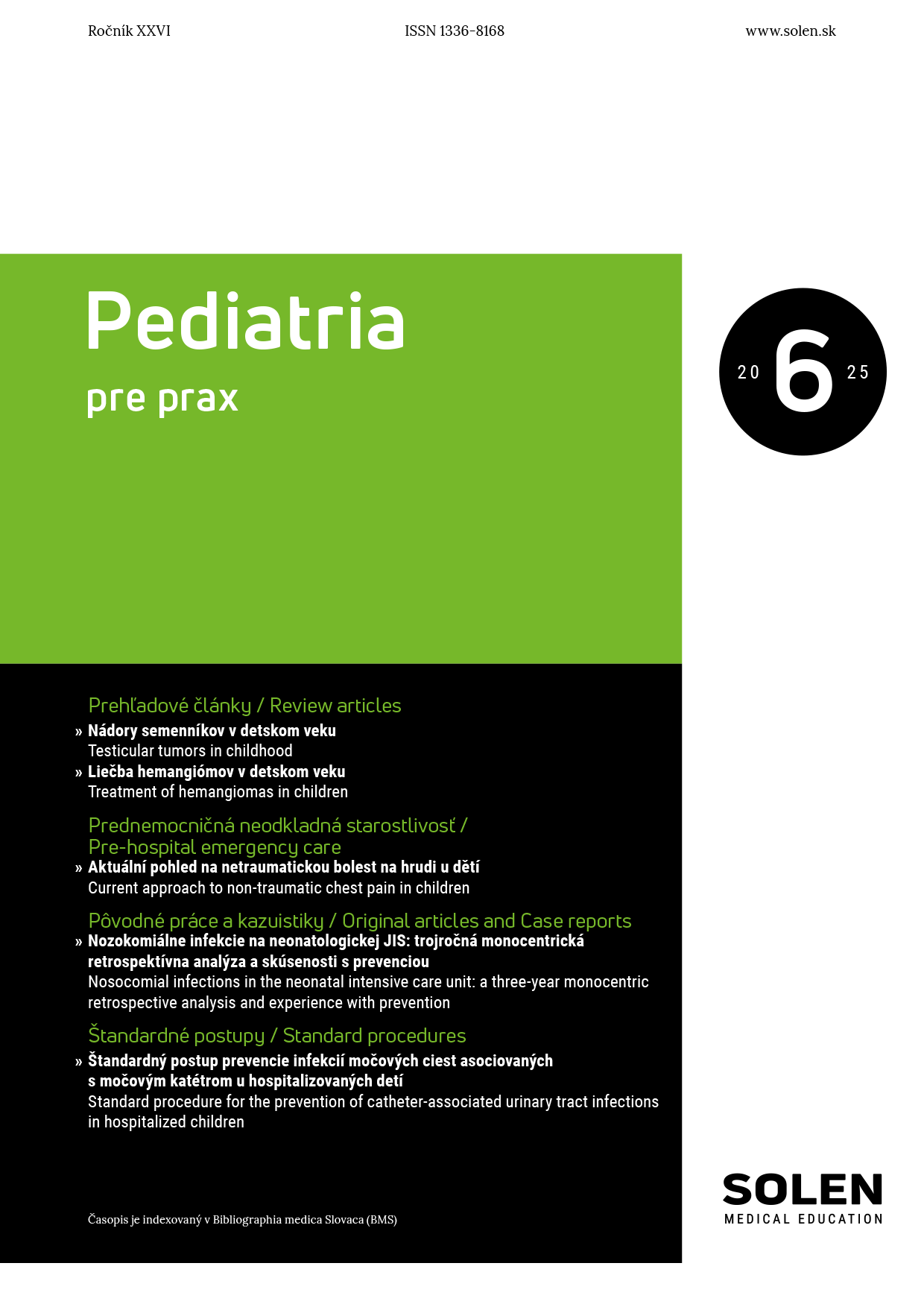Neurológia pre prax 2/2020
Psychologické aspekty adherence profylaktické medikace u migreniků – nástroje pro praxi
Mgr. Jana Černá Tomanová, Ph.D., PhDr. Pavla Banýrová
Bez dobré adherence nejsou dobré terapeutické výsledky. V případě obtíží, které jsou velmi často doprovázené psychosociální zátěží, případně komobiditami i z řad psychiatrických diagnóz, je tento poznatek klíčový. U profylaktické léčby migrén z metastudií víme, že adherence zejména v dlouhodobém horizontu je nízká, tak jako například u režimových opatření pro změnu životního stylu. Existují nástroje a techniky, které mají zdravotníci, a především lékaři, k dispozici, a jejichž osvojením, tréninkem a praktickým využitím lze adherenci pozitivně ovlivnit. Jsou to například zrcadlení emocí, otevřené otázky, ověřování porozumění a celkově budování důvěry ve vztahu s pacientem.
Kľúčové slová: adherence, migrény, psychologie, komunikace, vztah lékař pacient, zrcadlení emocí, otevřené otázky, teach back
Psychological aspects of adherence to prophylactic medication in migraine patients: tools for the practice
When adherence is not good, therapeutic outcomes are not good either. This is a key finding in the case of complaints that are very often accompanied by psychosocial burden and/or comorbidities even from among psychiatric diagnoses. Metastudies have shown that adherence to prophylactic migraine treatment, particularly in the long term, is low, such as that in the case of daily routine measures for the purpose of lifestyle changes. There are tools and techniques that healthcare professionals, and physicians in particular, have at hand which, when adopted, practised, and applied practically, can positively affect adherence. They include, for instance, emotional mirroring, open-ended questions, checking for understanding, and, in general, building a trust-based relationship with the patient.
Keywords: adherence, migraine, psychology, communication, physician-patient relationship, emotional mirroring, open-ended questions, teach back

















